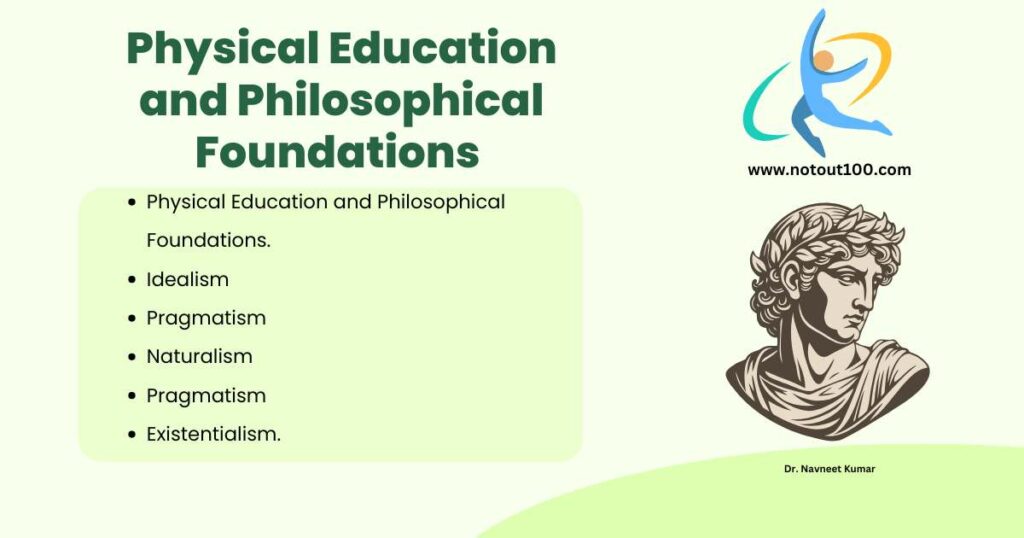
Idealism
The aforementioned subject pertains to the significance of originality in scholarly discourse and the merit of engaging with established knowledge. This concept underscores the assertion that academic inquiry should not merely replicate previous findings but rather contribute novel insights. In Plato’s work “The Republic,” this dialogue exemplifies the notion of fostering originality through critical engagement with existing knowledge, which is intricately linked to the development of independent thought and the pursuit of truth. Consequently, an academic framework must prioritize the integration of innovative perspectives, ensuring that the discourse remains dynamic and purposeful. Furthermore, the cultivation of independent analytical skills and the promotion of intellectual rigor are imperative for advancing knowledge and fostering a genuine understanding of complex issues. Ultimately, the drive for originality and intellectual engagement serves as the foundation for scholarly advancement and the evolution of thought in academic contexts.
The present discourse examines the implications of foundational principles in the educational framework. Specific attention is directed towards enhancing the pedagogical approach employed in the teaching of various subjects, alongside fostering individual academic growth. Within the domain of education, it is imperative to consider the integration of requisite skills alongside the cultivation of critical thinking. The role of curriculum development is underscored, taking into account its impact on student engagement and achievement. Furthermore, the significance of diverse teaching methodologies is emphasized, particularly in relation to creating an inclusive learning environment that accommodates varied learning styles. This analysis reveals that the effective execution of educational principles necessitates a careful balance between theoretical knowledge and practical application, ultimately contributing to a more profound understanding of subject matter among learners.
Pragmatism
The proponents of pragmatism, namely Charles Sanders Peirce (1839–1914), William James (1842–1910), and John Dewey (1859–1952), have critically influenced contemporary philosophical discourse. Their contributions advance the notion that the meaning of concepts is intrinsically linked to the practical effects of these concepts in real-world applications. Alternatively, one might assert that “truth” is dependent upon the applicability of ideas, thereby suggesting that Peirce’s premise posits that truth is established via practical consequences. Moreover, the pragmatic approach facilitated the exploration of concepts within social contexts, thereby yielding insights into both individual and collective epistemological frameworks. Thus, the pragmatist paradigm emphasizes the necessity of contextualizing beliefs, particularly when evaluating the validity and utility of various ideas, as demonstrated in Dewey’s advocacy for experiential learning and its implications for democratic education. Such reflections encourage deeper inquiries into the role of inquiry itself within the realm of educational practices, alongside the interdependence of theory and practice with regard to the formulation of knowledge.